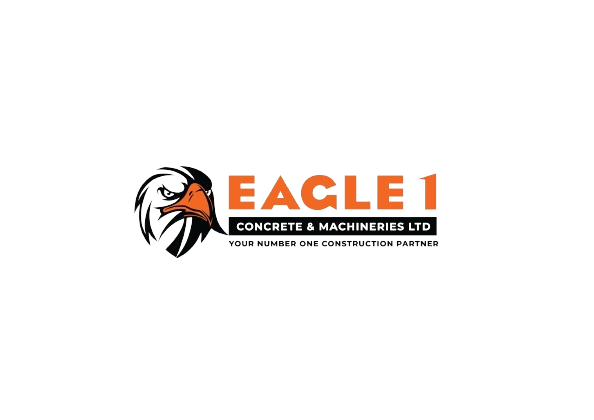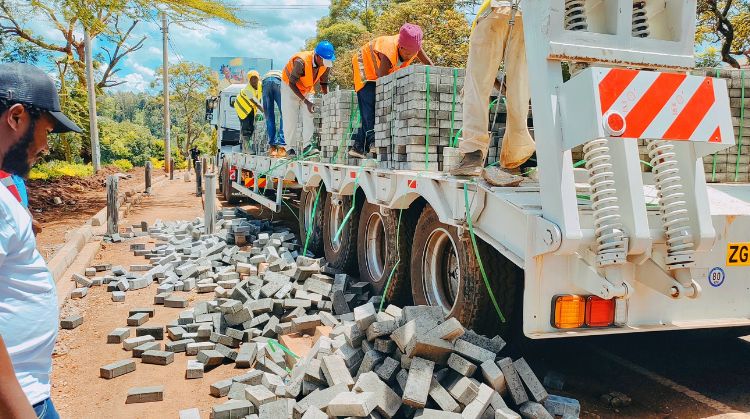Navigating the legal aspects in construction is essential to ensure compliance with laws and regulations, mitigate risks, and protect the interests of all parties involved. From contracts to permits, understanding construction laws and regulations is crucial for a successful construction project. Here’s an overview of key legal considerations in the construction industry:
- Construction Contracts: Construction contracts form the foundation of any project. Understanding the terms and conditions, scope of work, payment schedules, and dispute resolution mechanisms is vital. Engaging legal counsel to review and draft contracts can help ensure clarity and protect the rights of all parties.
- Building Codes and Regulations: Compliance with building codes and regulations is mandatory to ensure the safety and structural integrity of the project. These codes dictate construction standards, materials, and design requirements. Understanding and adhering to local, state, and national building codes is essential to avoid delays and costly revisions.
- Permits and Approvals: Construction projects often require various permits and approvals from local authorities. These may include zoning permits, environmental clearances, and construction permits. Understanding the permit process, timelines, and required documentation is crucial to avoid legal complications.
- Construction Liens: Contractors and subcontractors have the right to place liens on a property if they are not paid for their work. Understanding lien laws and ensuring proper payment procedures can help prevent disputes and potential legal actions.
- Labor Laws and Employment Practices: Compliance with labor laws is essential when hiring workers for construction projects. Understanding wage and hour regulations, workers’ compensation, and safety requirements is critical to protect workers’ rights and avoid legal issues.
- Environmental Regulations: Construction projects can have environmental impacts, and adherence to environmental regulations is vital to avoid fines and penalties. Understanding environmental laws related to waste disposal, erosion control, and pollution prevention is essential for responsible construction practices.
- Insurance and Liability: Adequate insurance coverage is necessary to protect against potential risks and liabilities in construction projects. Understanding the different types of insurance, such as general liability and professional liability insurance, can provide financial protection in case of accidents or property damage.
- Change Orders and Variations: Change orders and variations are common in construction projects due to design changes or unforeseen circumstances. Understanding the procedures for documenting and approving these changes is crucial to avoid disputes.
- Dispute Resolution: Construction disputes can arise due to various reasons, such as delays, quality issues, or payment disputes. Understanding dispute resolution methods, such as mediation, arbitration, or litigation, can help resolve conflicts efficiently and cost-effectively.
- Intellectual Property Rights: Architects and designers may have intellectual property rights over their designs. Understanding copyright and licensing agreements is essential to avoid copyright infringement and legal disputes.
Staying informed about construction laws and regulations and seeking legal advice when needed can significantly reduce legal risks and ensure a smooth and compliant construction process. Being proactive in understanding and addressing legal aspects can contribute to the success of construction projects and foster positive relationships among all stakeholders involved.

